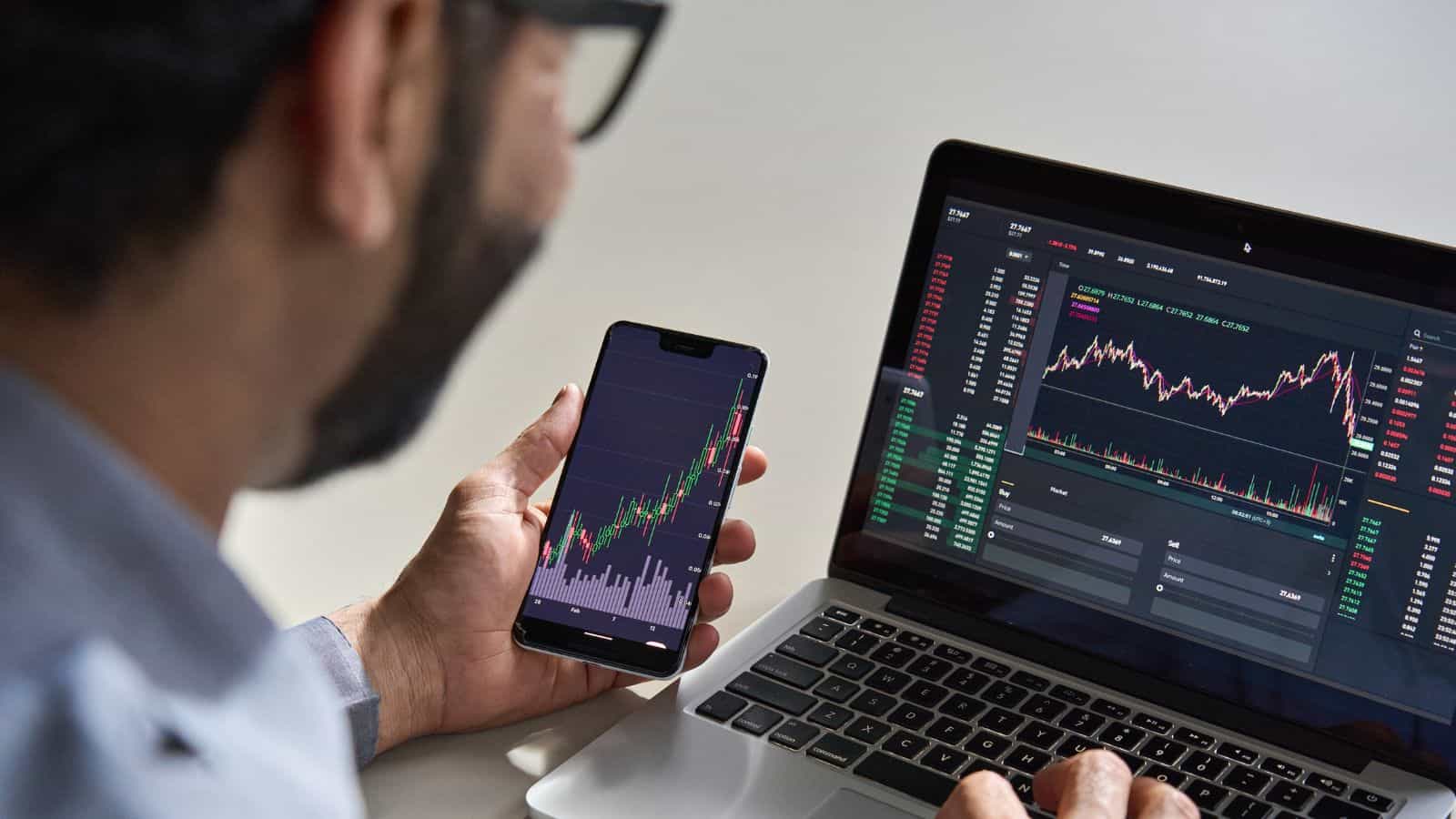It seems like every day there’s a new trend or idea that has boomers scratching their heads, and the generational gap has never been more evident as younger generations, particularly Millennials and Gen Z, embrace new ways of thinking. Here are 17 “woke” trends that are driving the boomer generation up the wall.
Cancel Culture

Cancel culture has become a significant talking point in recent years and according to VeryWell Mind, this culture targets a person and “immediately labels them as bad.” The idea that a person or company can be “cancelled” – essentially boycotted and shunned – for saying or doing something offensive is perplexing to many boomers. They grew up in a time when second chances were more readily given.
Pronoun Preferences

The modern emphasis on using people’s preferred pronouns is a major shift for the older generation, who are accustomed to more traditional gender roles. While younger generations see this as a way to respect individuals’ identities and promote inclusivity, boomers often find it confusing.
Plant-Based Diets

Baby Boomers grew up in an era where meat and potatoes were staples at the dinner table, so the surge in popularity of plant-based diets is bewildering to many. Veganism and vegetarianism are often seen as extreme or fringe movements, and the younger generation’s focus on health and sustainability seems at odds with traditional values.
Gender Fluidity

The concept of gender fluidity, where individuals don’t strictly identify as male or female, is another idea that leaves many older people baffled, when they were raised with the belief that gender is binary and tied directly to biological sex. The idea that gender can be non-binary and more fluid is a challenging adjustment for them.
Work-Life Balance

Younger generations prioritise work-life balance over career ambition, which is a significant departure from the boomer ethos of hard work and long hours. Millennials and Gen Z place a high value on their personal time and mental health, often seeking jobs that offer flexible hours, remote work options, and substantial vacation time.
Social Media Activism

Baby Boomers are used to traditional forms of activism like protests, petitions, and community organising. The rise of social media activism, where people support causes through online posts and hashtags, seems less tangible and effective to them. They might view this trend as performative or superficial, questioning the real-world impact of such digital efforts.
Minimalism

The minimalist lifestyle, which emphasises owning fewer possessions and valuing experiences over things, contrasts sharply with the consumerism many older people grew up with. The idea of decluttering and living with only the essentials is appealing to many young people but can be confusing for old folks.
Digital Nomad Lifestyle

Digital nomads, people who work remotely while travelling the world, have risen—and it’s another trend that can be hard for those of the boomer group to grasp. They are accustomed to the idea of stability and roots, often valuing long-term careers in one location, so the younger generation’s desire for flexibility and adventure seems risky.
Eco-Friendly Living

Eco-friendly living and the emphasis on sustainability is a big shift from the consumption-driven lifestyles many older individuals are used to. Practices like reducing waste, recycling, and using renewable energy are increasingly popular among younger generations. Boomers might see some value in these practices, but the urgency can feel overwhelming.
Body Positivity

Promoting acceptance of all body types and challenging traditional beauty standards, the body positivity movement is a stark contrast to the more rigid beauty ideals many of the elderly generation grew up with. This movement encourages self-love and acceptance, which can be empowering but also puzzling to those used to more conventional standards of beauty.
Online Dating

It’s true that online dating has revolutionised the way people meet and form relationships—but this leaves many boomers feeling nostalgic for the days of meeting someone face-to-face. The plethora of dating apps and websites available today can seem impersonal and even risky to them.
Mental Health Awareness

The increased focus on mental health and less stigma of mental health issues is another trend that can be confusing for Baby Boomers, who grew up in a time when mental health was often a taboo subject. To them, seeking help was seen as a sign of weakness, so the openness with which younger generations discuss their mental health struggles can be refreshing but challenging.
Influencer Culture

Social media influencers, who earn a living by promoting products and lifestyles online, are baffling for many older people who struggle to understand how posting pictures and videos can be a legitimate career. The idea of making money through brand deals and sponsored content can seem frivolous compared to traditional careers.
Inclusive Language

Inclusive language, which aims to avoid bias and offensive terms, is another area where generational gaps are evident; boomers might find it hard to keep up with the evolving terminology and may feel that the emphasis on politically correct language is excessive.
Non-Traditional Family Structures

The acceptance and normalisation of non-traditional family structures, such as single-parent households, same-sex parents, and blended families, represent a significant shift from the nuclear family ideal many were raised with. These changes can be difficult for more age-mature generations to fully accept.
Cryptocurrency

The rise of cryptocurrencies like Bitcoin is a perplexing phenomenon, too, for those who are more familiar with traditional forms of money and banking; and the concept of a decentralised digital currency can seem risky and unstable compared to the tried-and-true methods of saving.
Digital Detox

Lastly, the trend of digital detoxing, where people take breaks from their electronic devices to improve their mental health and well-being, is a concept that many Baby Boomers find ironic. Having witnessed the rapid rise of technology and its integration into daily life, some might find it strange that younger generations now feel the need to disconnect.







